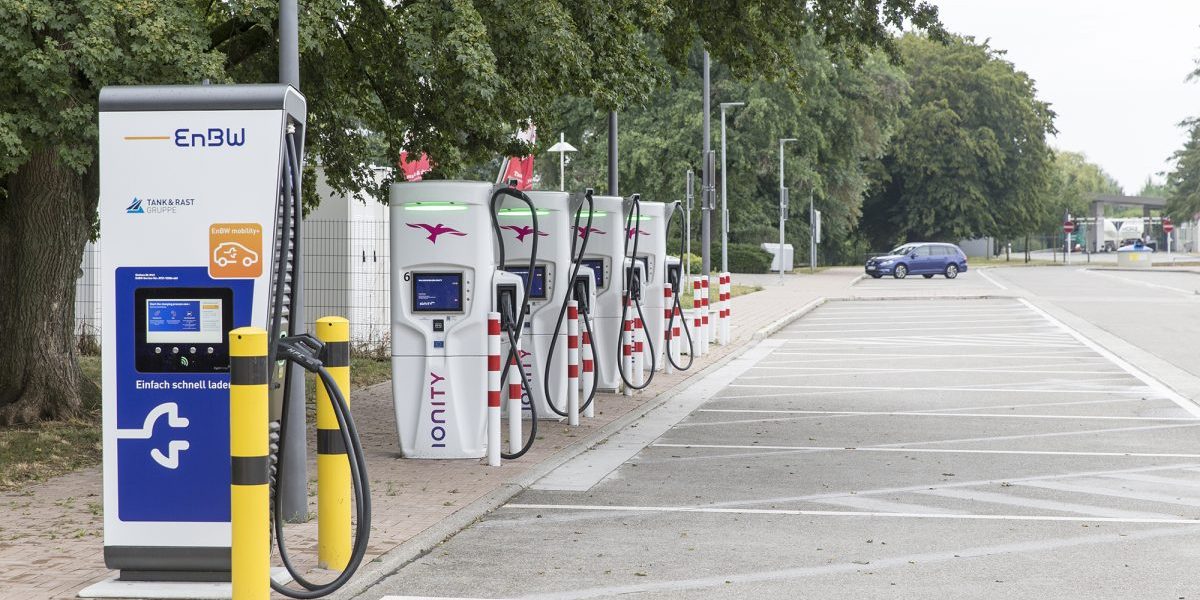Summary:
The regional development agenda is therefore highly country specific given each member states’ specific priorities. Transport in Southern Africa is acknowledged as a foundation to regional economic development and integration which attests to SADC’s Regional Indicative Strategic Development Plan (RISDP) emphasising transport infrastructure investment. Of the estimated 567 Mt CO2 attributed to fuel combustion by SADC member states in 2014, the transport sector is responsible for 17% or 94 Mt CO2 of which road transport is the primary contributor. South Africa accounts for approximately 60% of the SADC road fleet and consumed approximately 60% of final fuel demand for SADC transport (1190 PJ) in 2018. Domestically, its road fleet accounts for 90% of Green House Gas (GHG) emissions and final fuel consumption. Presently, the contribution of transport to South Africa’s national energy-related CO2 emissions is estimated to be approximately 14%.








